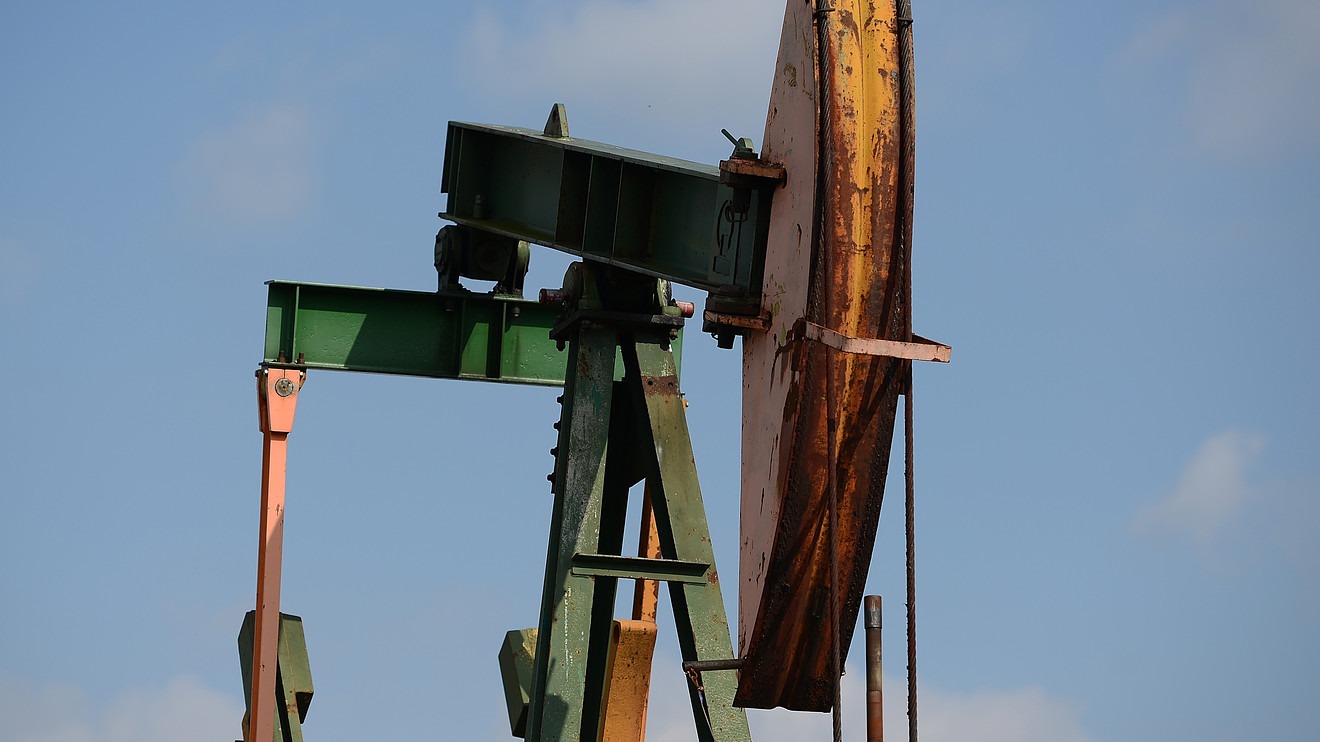Nigeria’s revenue is set to receive a boost as the international oil benchmark, Brent crude oil price skyrocketed on Friday evening.
Investors King reports that Brent crude increased to $93.44 per barrel, the highest spike recorded since October 1, 2014, over seven years ago.
This surge portends a boom in the nation’s economy as Nigeria depends on crude oil for about 50 percent of its revenues and over 90 percent of export earnings.
The recently signed 2022 budget relied greatly on oil revenue, targeting oil production of 1.88 million barrels per day, with an oil benchmark price of $62 per barrel. Trading at $31 higher than the Government’s benchmark for the 2022 budget portends good fortune for the country.
Investors King gathered that Brent crude increased more than 2.9 percent as its average price was 70.68 in 2021 when it rose from 41.96 in 2020.
Report has shown that oil prices are beginning to rise following the relaxation of lockdowns and as travel restrictions are reduced in countries.
West Texas Intermediate (WTI) crude, also increased by 2.5 percent to $92 per barrel.
The Organisation of Petroleum Exporting Countries and allies, OPEC+ led by Russia, on Wednesday made a decision to increase output by 400,000 barrels per day.
Analysts have attributed the oil price rise to a cold snap in Texas, fuelling concerns about production outages in the Permian Basin, and tensions from the Ukraine crisis, which caused oil supply disruptions.
As Nigeria is hopeful of an upturn, concerns have been raised over the large amounts subsidy gulps due to its inability to refine its mined crude.
Last year December, about N270 billion was spent on subsidy payment amounting to N1.43 trillion in annual expense, reducing the revenue generated.
“We are hopeful that it will result in increased investments in the oil and gas sector. We project crude oil production (including condensates) will reach 1.75mbpd in 2022. While this is an improvement from 2021 levels, it still lags the five-year average of 1.85mbpd.
“We expect the continued elevated crude oil price, coupled with the passage of the PIA, to incentivise drilling activities. Beyond this, we expect the commencement of 160,000 Amukpe-Escravos export terminals in H2 2022 to support crude oil production,” the analysts said.

 Forex3 weeks ago
Forex3 weeks ago


 Naira2 weeks ago
Naira2 weeks ago
 Billionaire Watch2 weeks ago
Billionaire Watch2 weeks ago




 Naira3 weeks ago
Naira3 weeks ago




 Naira2 weeks ago
Naira2 weeks ago




 Naira1 week ago
Naira1 week ago




 Naira4 weeks ago
Naira4 weeks ago




 Naira4 weeks ago
Naira4 weeks ago




















